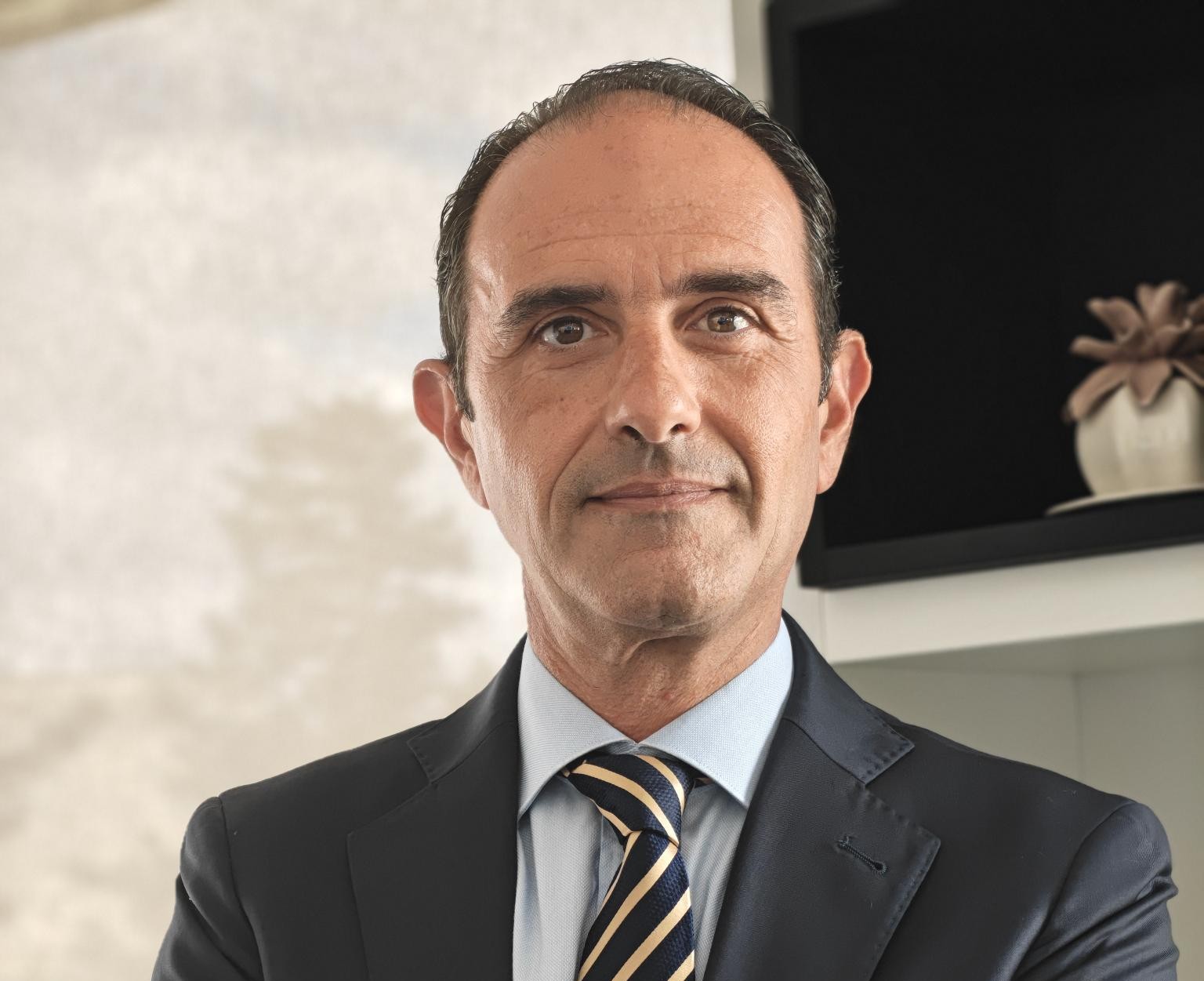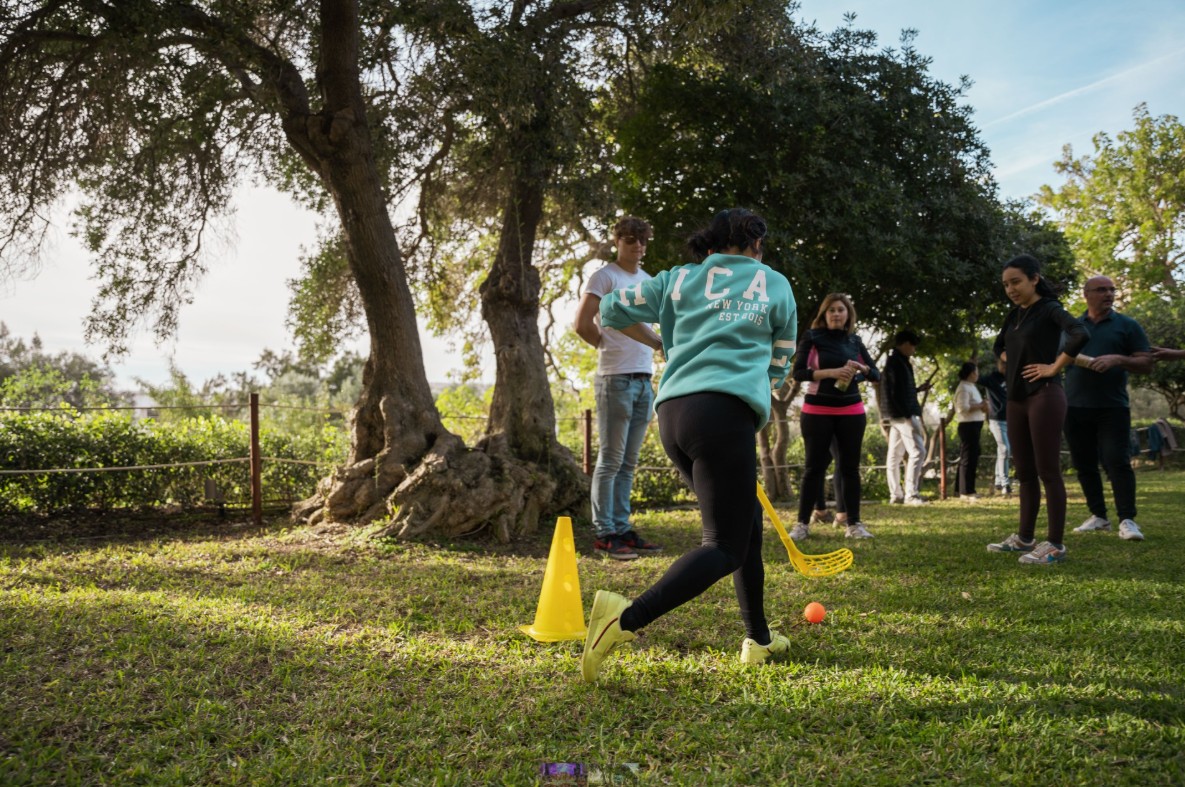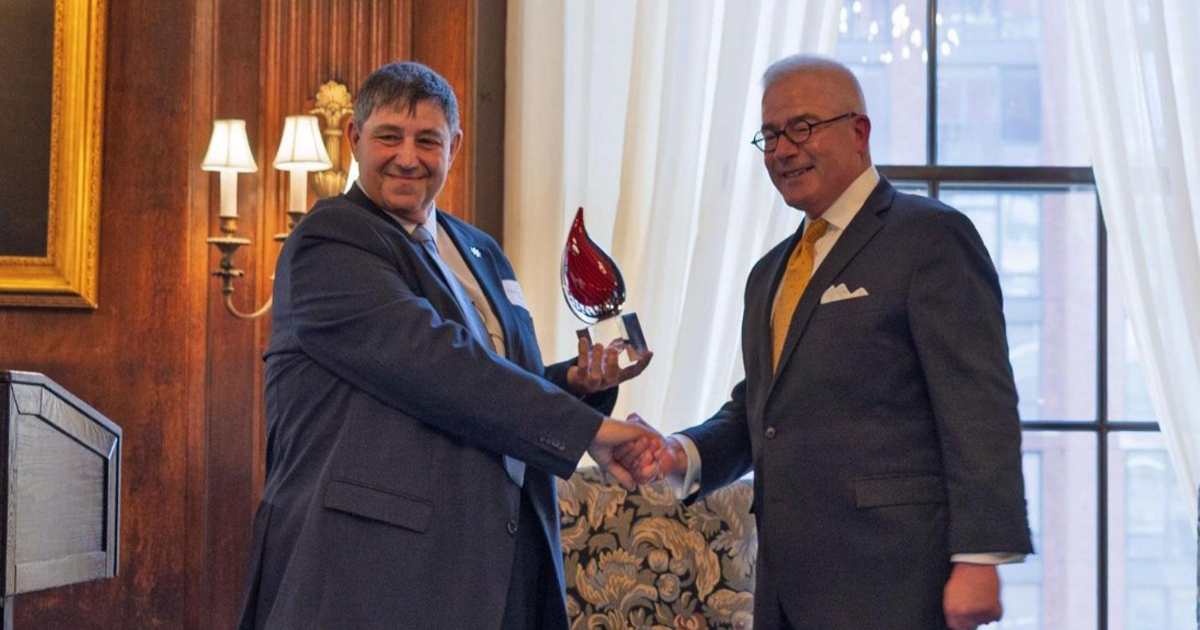Fewer than one in four respondents (23 per cent) agree with the statement that women are not ambitious enough to reach senior positions in organisations.
A recent Eurobarometer survey exploring perceptions of gender stereotypes across the EU has revealed a mix of progress and persistent challenges when it comes to achieving true gender equality in professional settings.
While the majority of respondents reject outdated stereotypes, a significant minority still hold views that reflect deep-seated biases, particularly concerning ambition and work-life decisions.
The afore mentioned statistic highlights a growing recognition of women’s capabilities and drive to succeed in their careers. However, the persistence of this perception among nearly a quarter of respondents underscores the ongoing challenge of dismantling gender biases in the workplace.
Similarly, only 19 per cent of respondents believe that men taking parental leave demonstrate a lack of ambition for their careers. While the overwhelming majority (77 per cent) disagree with this stereotype, the fact that almost one in five still hold this view points to lingering societal expectations around traditional gender roles.
Broader perceptions of gender equality
The survey findings reflect a generally positive shift in attitudes towards gender equality, with three-quarters of respondents agreeing that men also benefit from greater equality between the sexes. Additionally, 90 per cent of respondents recognise the importance of financial independence for both women and men – a critical foundation for true equality.
Nevertheless, gender stereotypes remain entrenched in certain areas. For example, 40 per cent of respondents agree with the outdated notion that men often earn more than women because their jobs are more demanding.
Furthermore, 34 per cent believe women should prioritise family responsibilities over their careers, a sentiment that remains particularly strong in some Member States, including Malta.
While most respondents reject the idea that men make better leaders than women (70 per cent) or that women lack the authority to be taken seriously in leadership roles (73 per cent), a sizeable minority still agree with these statements (25 per cent and 23 per cent respectively). This indicates that while progress has been made, significant work remains to challenge and change these perceptions.
The survey also reveals that a majority of Europeans (73 per cent) believe gender-balanced leadership teams are more successful, underscoring the widespread recognition of the value of diversity at the top. However, achieving this balance will require addressing the underlying stereotypes that continue to shape attitudes and decisions in professional life.
Game Lounge’s Maria De Martino nominated for ‘Best Newcomer of the Year’ at Malta iGaming awards
Dr De Martino has been with the company for 7 years.
Start strong: Why the Phoenicia Malta is the ideal setting for your 2026 kick-off meeting
For CEOs and business leaders planning their 2026 strategy, The Phoenicia Malta is the home of team events that launch ...
Volunteers and staff ‘keep national treasure shining bright,’ says Mosta Rotunda Foundation CEO
The Mosta Rotunda Foundation has been awarded the Quality Assured Seal.
MFSA Chairman honoured in New York with IFNY Free Enterprise Award
The award is one of the international insurance sector’s most respected honours.









